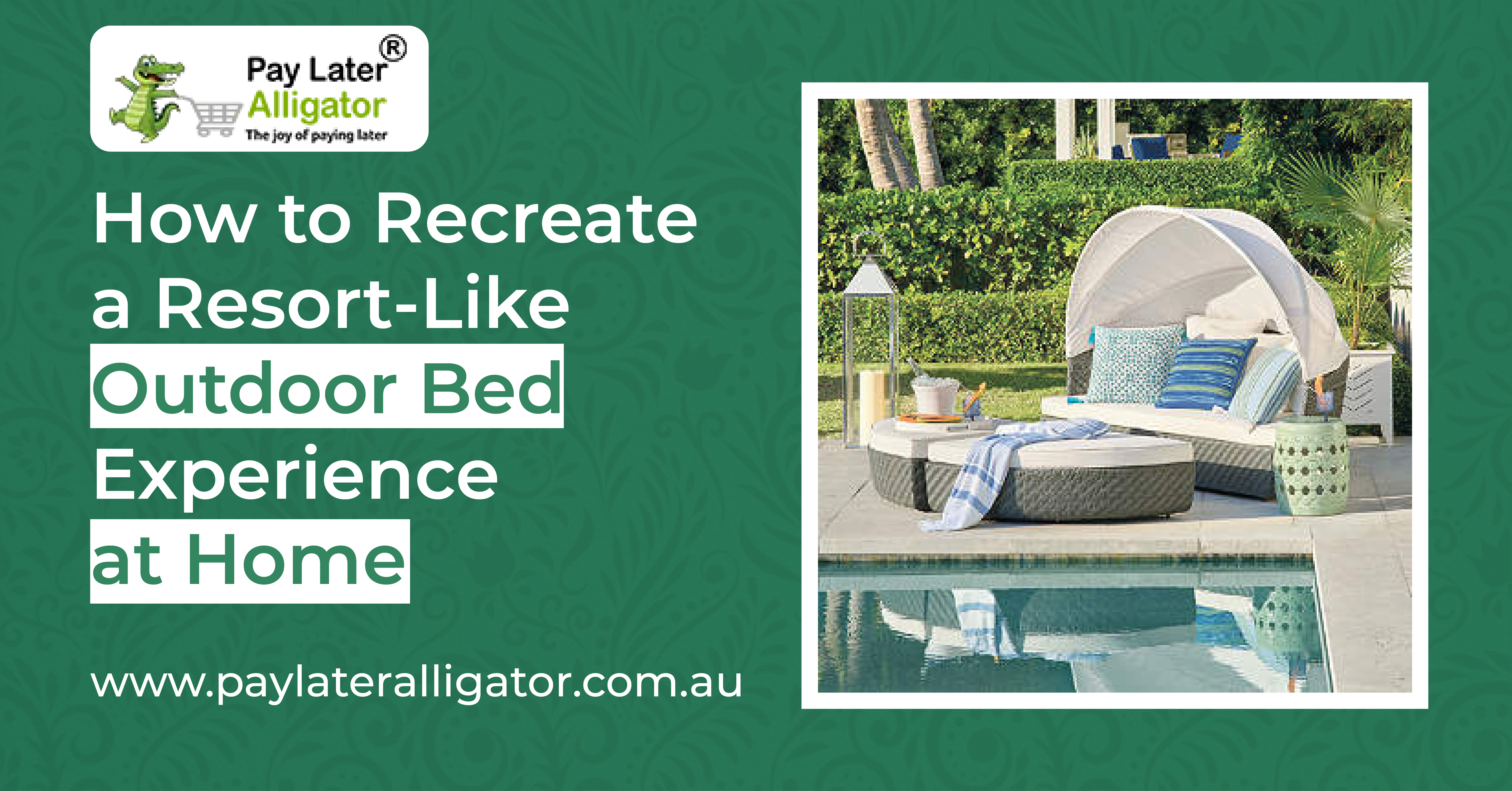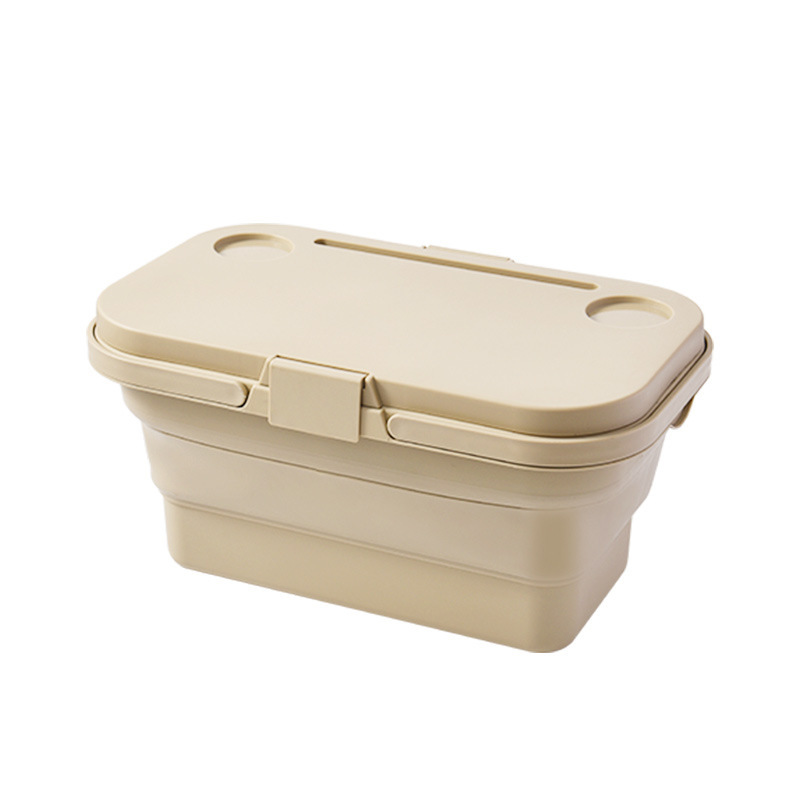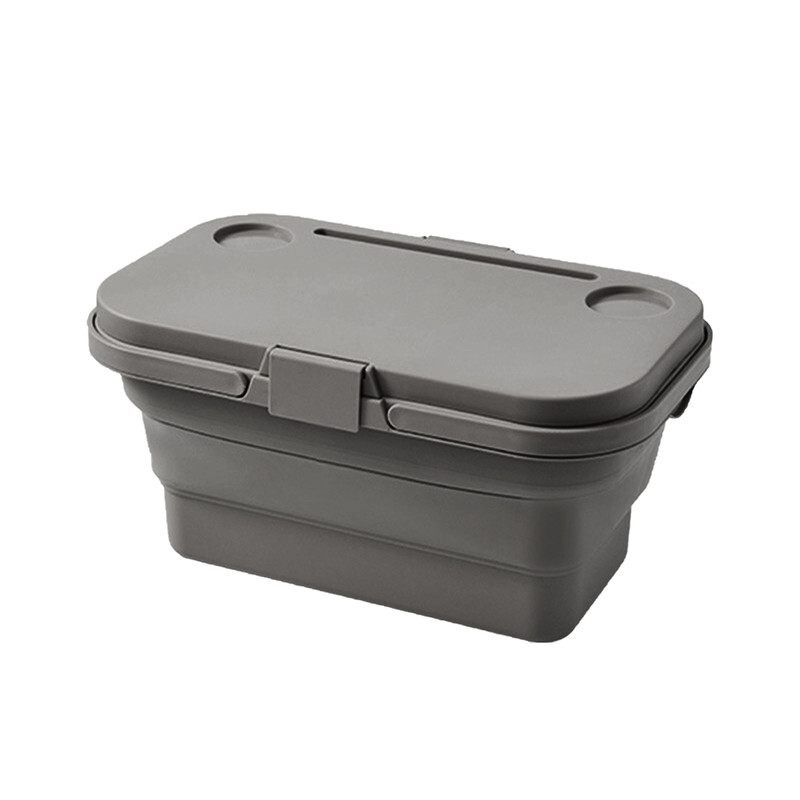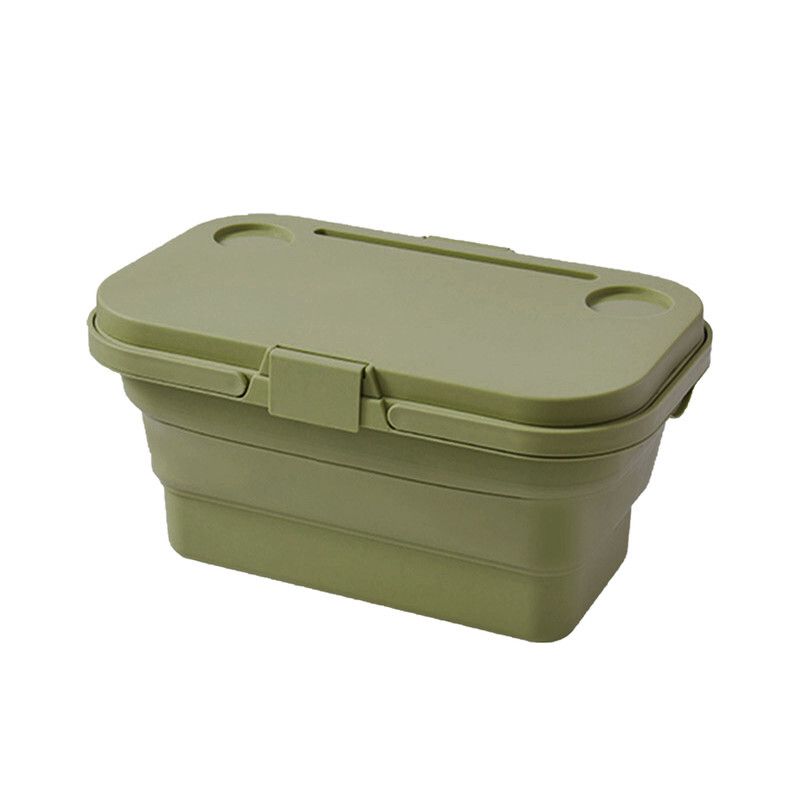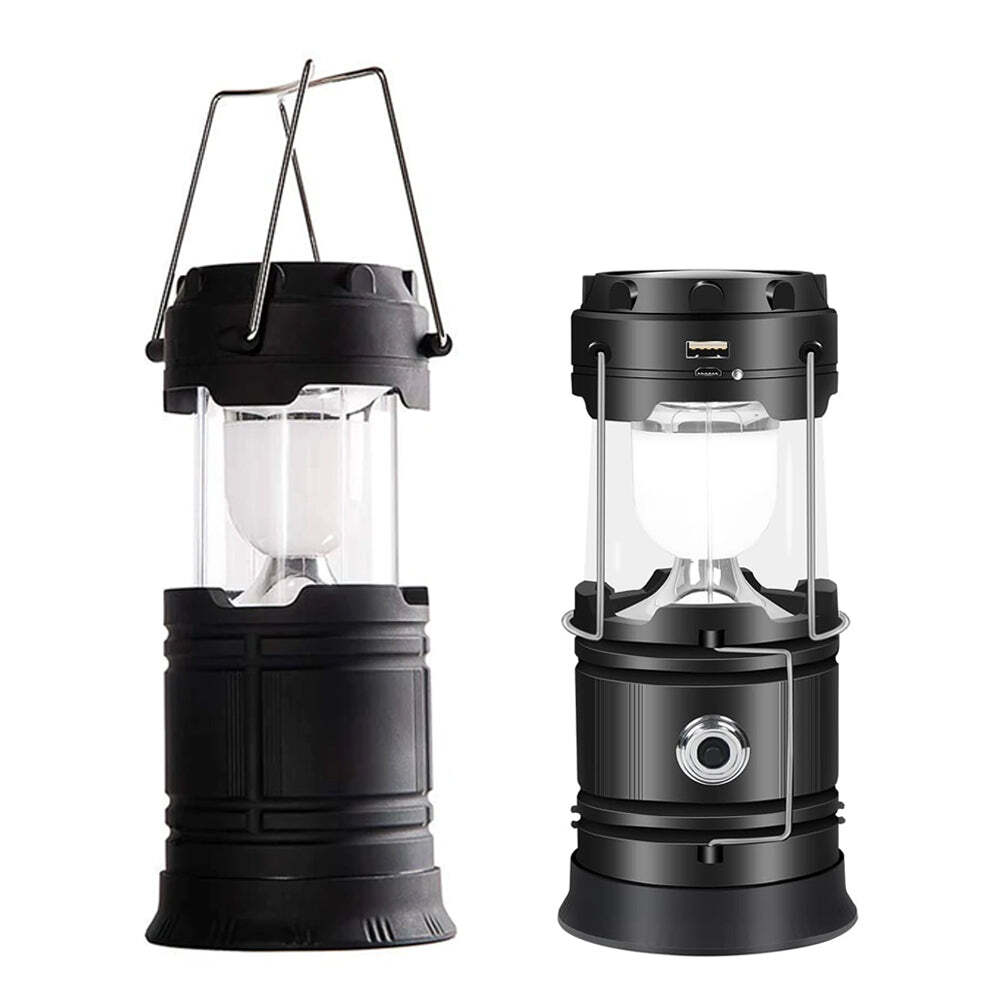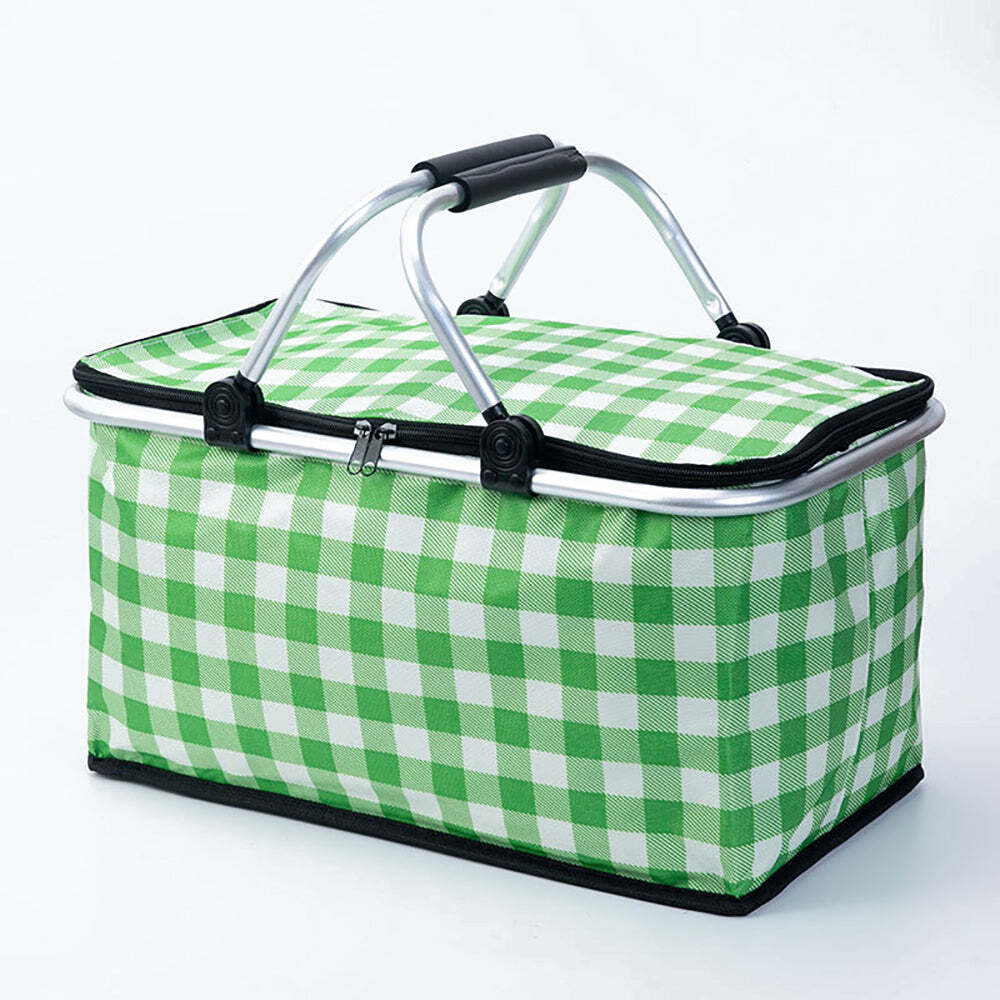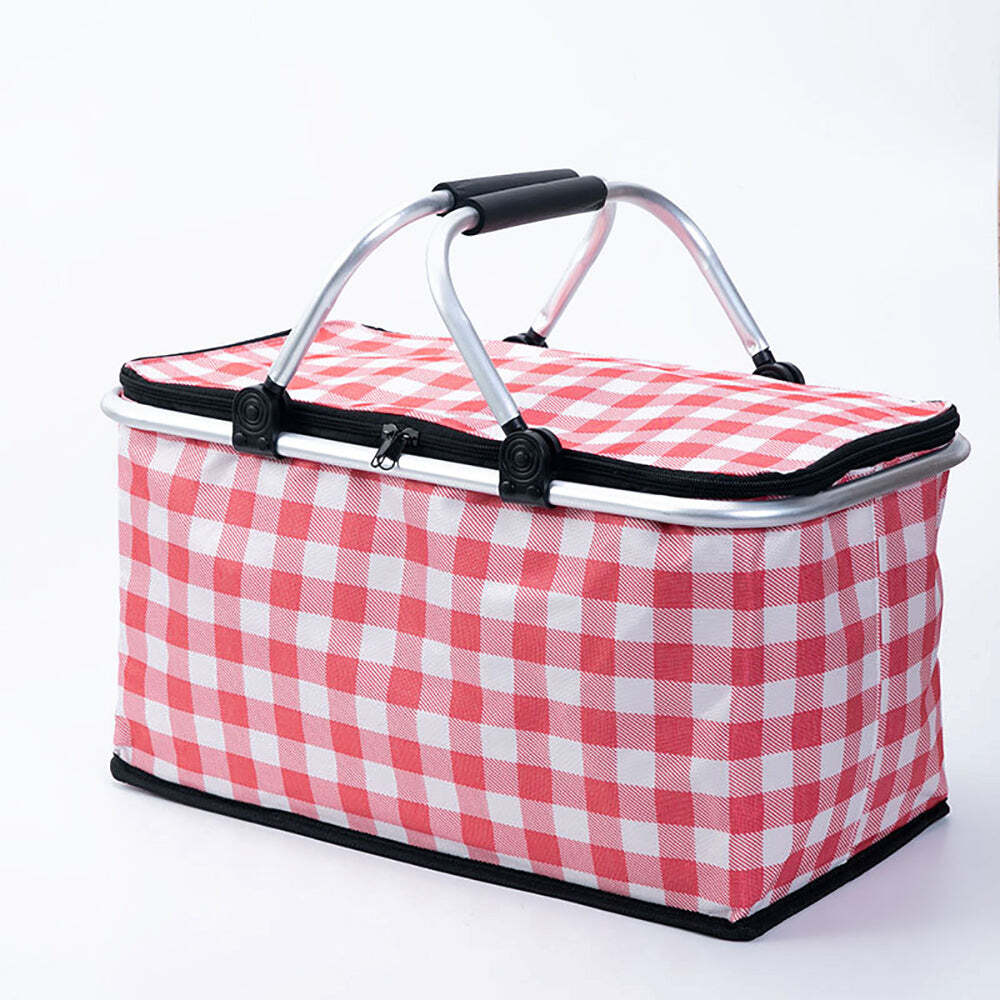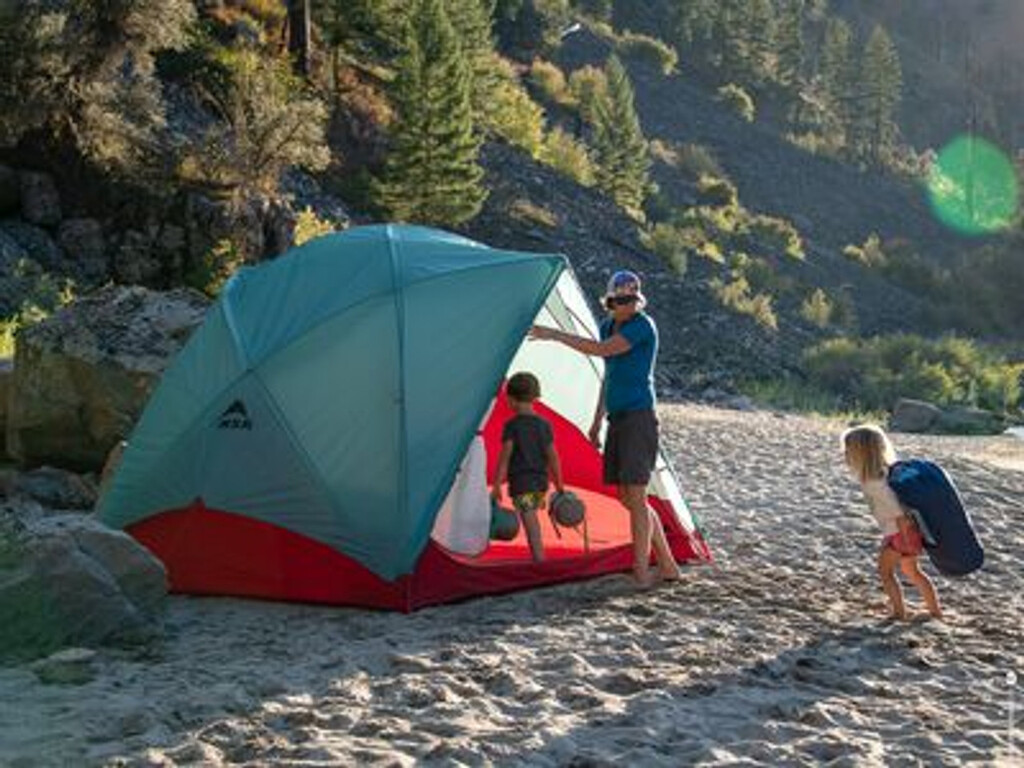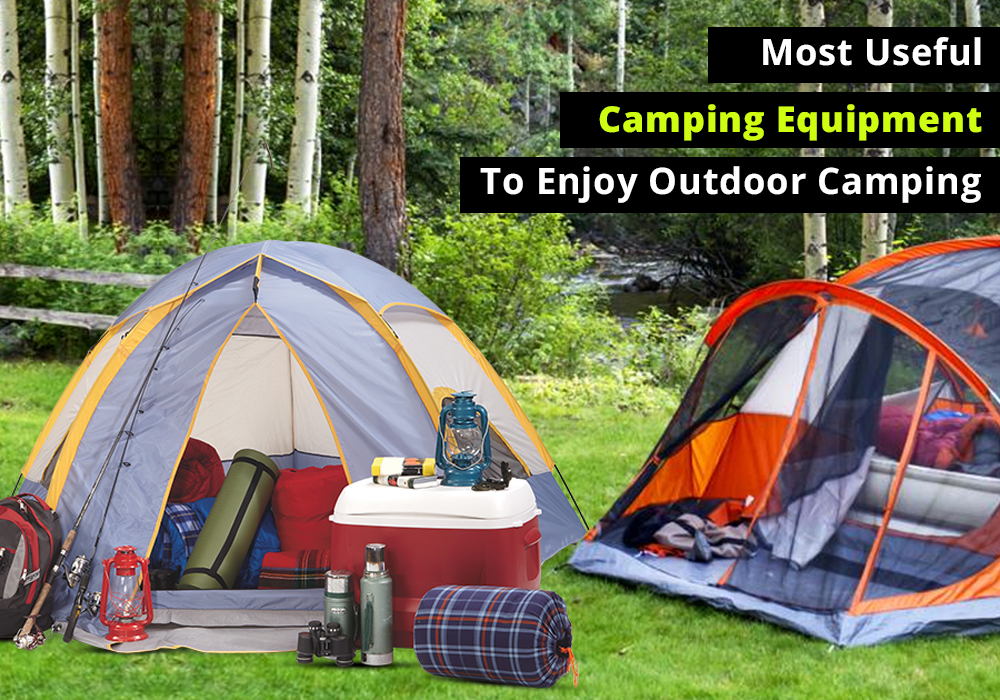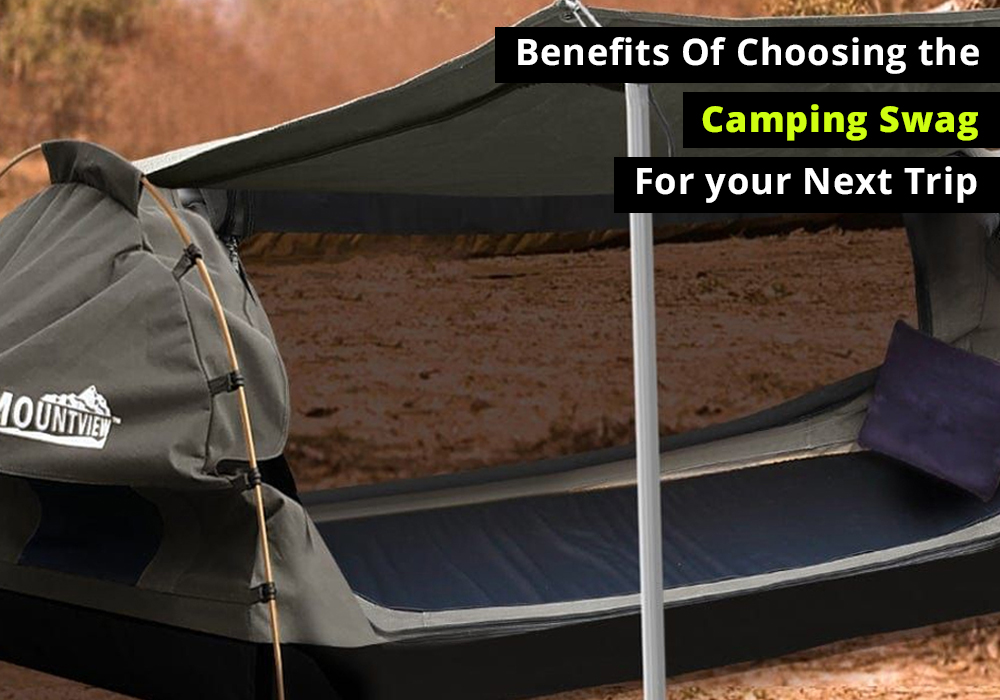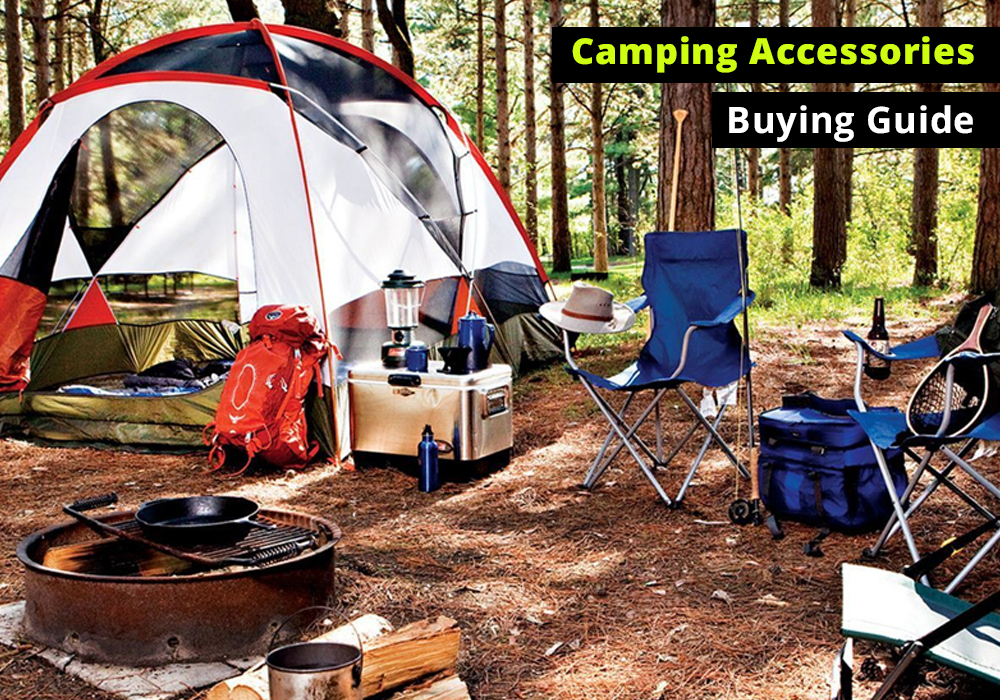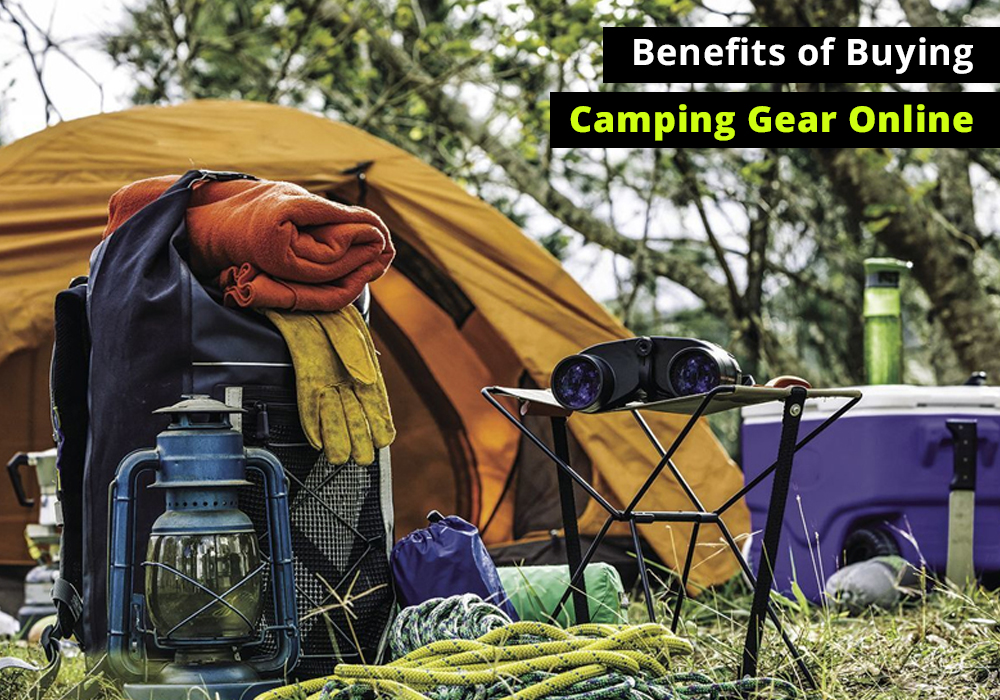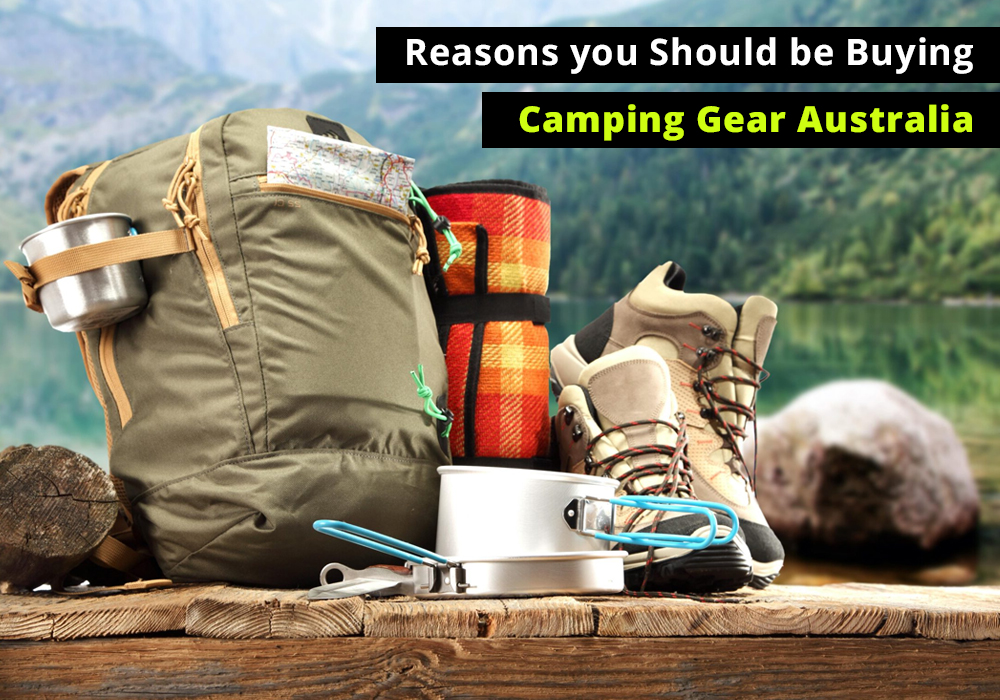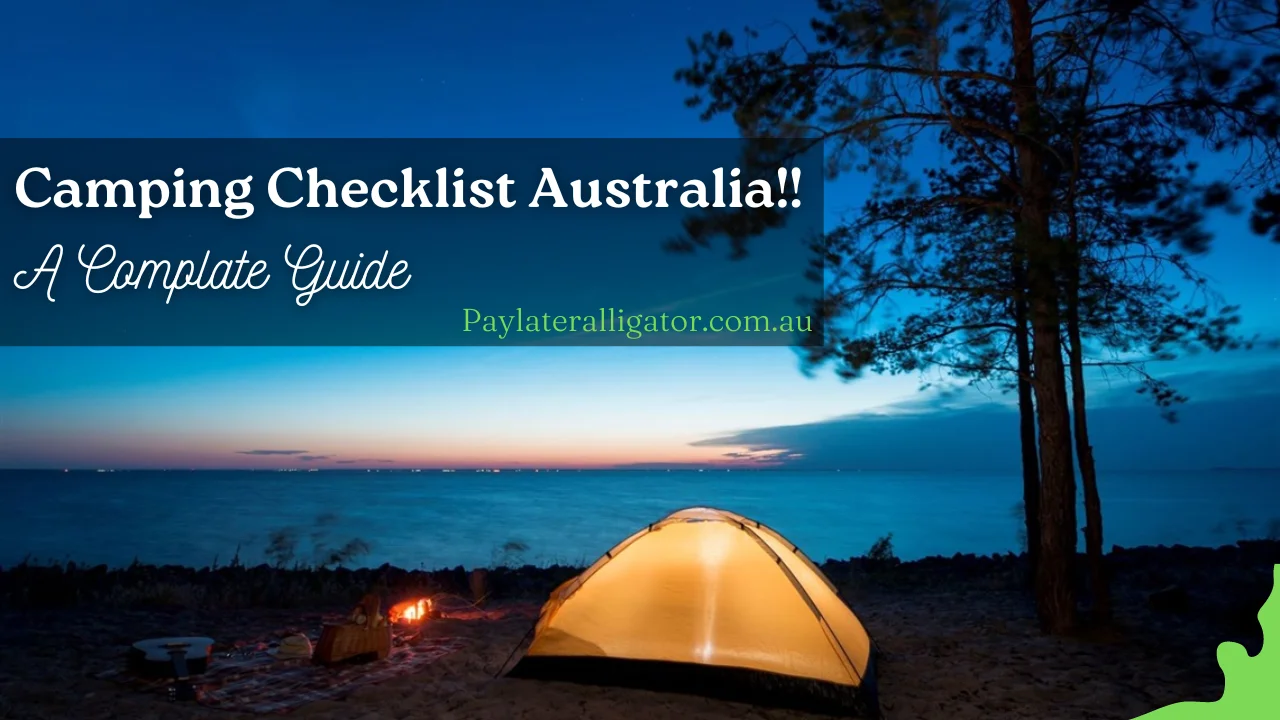
The Ultimate Camping Checklist Australia – Everything You Need for Hiking
Are you planning a camping trip and wondering what to pack? With so many essential and optional items to consider, it can be overwhelming to create a camping checklist that covers all your needs. That’s why we’ve put together a comprehensive camping checklist to help you prepare for your outdoor adventure.
The Ultimate Camping Checklist Australia
Whether you’re a seasoned camper or a first-timer, this list covers all the important categories, including shelter, sleeping gear, cooking supplies, clothing, personal items, and miscellaneous items. We’ve also included some frequently asked questions to help you make informed decisions about your camping gear. With this checklist, you can pack with confidence and enjoy a comfortable and safe camping experience.
Shelter
When it comes to camping, having a good quality shelter is essential for protecting yourself from the elements and getting a good night’s sleep. Here are some of the shelter essentials that you’ll want to consider when planning your next camping trip.
Tent
The first and most important item on the list is a tent. A good quality tent is essential for keeping you dry and comfortable through the night. When choosing a tent, there are a few factors to consider. First, you’ll want to think about the size of your group. Most tents are rated for a certain number of people, so be sure to choose a tent that is appropriate for the size of your group.
You’ll also want to consider the conditions you’ll be camping in. If you’re expecting heavy rain or wind, you’ll want a tent with good waterproofing and sturdy construction. Finally, you’ll want to consider the weight and packability of the tent, especially if you’ll be backpacking or hiking to your campsite.
- Also Read: How to Choose a Gazebo Tent for Camping
Tent Footprint or Groundsheet
A tent footprint or groundsheet is a piece of fabric that goes under your tent to protect the bottom from sharp rocks, sticks, and other hazards. A footprint is not essential, but it can extend the life of your tent and make it more comfortable to sleep on.
When choosing a footprint, be sure to get one that is sized to fit your tent, or at least close to it. You can also use a tarp or other piece of fabric as a makeshift groundsheet if you don’t have a dedicated footprint.
Tent Stakes
Tent stakes are the small metal or plastic pegs that you use to secure your tent to the ground. Most tents come with stakes, but you may want to consider bringing a few extra in case you lose some or need to secure your tent in especially windy or rocky conditions.
When choosing stakes, look for lightweight and sturdy options that are appropriate for the conditions you’ll be camping in.
Tent Poles
Tent poles are the long, thin rods that you use to set up your tent. Most tents come with poles, but you may want to consider bringing extras or a repair kit in case a pole breaks or gets lost. When choosing poles, look for lightweight and durable options that are appropriate for the size and weight of your tent.
Tent Guylines
Tent guylines are the cords or ropes that you use to secure your tent to the ground and provide additional stability in windy conditions. Most tents come with guylines, but you may want to consider bringing extras or a repair kit in case a line breaks or gets lost.
When choosing guylines, look for lightweight and strong options that are appropriate for the size and weight of your tent.
Tarp (Optional)
A camping tarp is a large, waterproof sheet of fabric that you can use as an additional sheltered area, or to protect your tent from rain or sun. Tarps are not essential but can be a useful addition to your camping kit. When choosing a tarp, look for lightweight and durable options that are appropriate for the conditions you’ll be camping in.
By considering the essentials of a tent, footprint or groundsheet, stakes, poles, guylines, and tarp, you can ensure that you’re well-prepared for whatever conditions you may encounter on your next camping adventure.
Getting a good night’s sleep is crucial when camping, and having the right sleeping gear can make all the difference. Here are some of the sleeping essentials that you’ll want to consider when planning your next camping trip.
Sleeping Essentials
Following are the basic sleeping essentials that you will need while camping.
Sleeping Bag
A sleeping bag is one of the most important pieces of camping gear, as it will keep you warm and comfortable through the night. When choosing a sleeping bag, there are a few factors to consider. First, you’ll want to think about the conditions you’ll be camping in. If you’re expecting cold weather, you’ll want a sleeping bag with good insulation and a low-temperature rating.
If you’re expecting warmer weather, you’ll want a sleeping bag with a higher temperature rating or one that can be unzipped for ventilation. You’ll also want to consider the size and shape of the sleeping bag, as well as the weight and packability, especially if you’ll be backpacking or hiking to your campsite.
Sleeping Pad or Air Mattress
A sleeping pad or air mattress is essential for providing cushioning and insulation from the cold ground. When choosing a sleeping pad or air mattress, there are a few factors to consider. First, you’ll want to think about the type of camping you’ll be doing. If you’ll be car camping, you can choose a larger and more comfortable air mattress. If you’ll be backpacking or hiking, you’ll want a lightweight and compact sleeping pad.
You’ll also want to consider the insulation properties of the pad or mattress, as well as the ease of inflation and deflation.
Pillow
A pillow may not be essential, but it can make a big difference in your comfort and quality of sleep. When choosing a pillow, you’ll want to think about the size and shape, as well as the packability and weight. You can choose a traditional pillow, a camping-specific pillow, or even just use a stuff sack filled with clothes or a jacket.
Extra Blankets
Depending on the conditions you’ll be camping in, you may want to bring extra blankets to provide additional warmth and comfort. You can bring a lightweight fleece or wool blanket, or even just use an extra sleeping bag as a blanket. Extra blankets can also come in handy for sitting around the campfire or for covering up during the day.
A sleeping bag, air mattress or pad, pillow, and additional blankets are the essentials for making sure you’re comfortable and well-prepared for your next camping trip.
- Also Read: How Can I Make My Tent Better For Camping?
Cooking and Food
When it comes to camping, food is an essential part of the experience. Whether you’re cooking over a campfire or using a portable stove, having the right equipment and supplies can make all the difference. Here are some of the cooking and food essentials you’ll want to consider for your next camping trip.
Camp Stove
A camp stove is an essential piece of camping gear for cooking meals quickly and efficiently. When choosing a camp stove, there are several factors to consider, such as the type of fuel it uses, the size and weight, and the ease of use. You can choose between propane, white gas, or butane fuel types, depending on your needs and preferences.
Fuel for Stove
When packing your camp stove, make sure you bring enough fuel for your entire trip. You can choose between canisters or bottles of fuel, depending on your stove type.
Lighter or Matches
A lighter or matches are necessary for igniting your camp stove. Make sure to bring reliable lighter or waterproof matches and keep them in a waterproof container to prevent moisture damage.
Cookware
Pots and pans are essential for cooking meals at the campsite. When choosing cookware, consider the size and weight, as well as the material. You can choose between lightweight and durable aluminium or titanium, or traditional cast iron.
Cooking Utensils
Cooking utensils such as spatulas, spoons, and tongs are necessary for stirring, flipping, and serving food. Choose utensils made of lightweight, durable materials such as plastic or stainless steel.
Plates, Bowls, Cups, and Utensils
Plates, bowls, cups, and utensils are necessary for serving and enjoying meals. When packing these items, choose durable, lightweight options such as plastic or titanium.
Cooler and Ice
A cooler is essential for keeping perishable foods fresh and preventing spoilage. Make sure to pack enough ice or ice packs to keep the cooler at a safe temperature.
Food
When planning your camping meals, choose non-perishable items such as canned goods, dried fruits, and nuts. Don’t forget to pack plenty of snacks, such as granola bars, trail mix, and beef jerky.
Water Bottles or Hydration System
Staying hydrated is crucial when camping. Bring reusable water bottles or a hydration system to ensure you have enough water for your trip.
Water Filters or Purification Tablets
If you plan on drinking water from natural sources such as rivers or streams, bring a water filter or purification tablets to make sure the water is safe to drink.
Trash Bags
Pack plenty of trash bags to keep your campsite clean and to pack out any trash you generate during your trip.
Dish Soap and Scrubber
Bring dish soap and a scrubber to clean your cookware and utensils after meals.
Paper Towels or Dish Towels
Paper towels or dish towels are useful for cleaning up spills and messes and drying dishes after washing.
Can Opener
A can opener is necessary for opening canned goods and other food items that require it.
Camping is more fun when you’re well-prepared, so be sure to check off these essential cooking and food items on your list.
Clothing and Personal Items
Having the right clothing and personal items is essential for a comfortable and enjoyable trip. Whether you’re planning a weekend getaway or a longer expedition, make sure to pack these essentials to stay comfortable and prepared.
Clothing Appropriate for the Weather
The weather can be unpredictable when camping, so it’s important to pack appropriate clothing. Check the weather forecast before you leave and pack clothing that can be layered for warmth, such as long-sleeve shirts, sweaters, and jackets.
If it’s going to be hot, pack lightweight clothing made from breathable materials such as cotton or moisture-wicking synthetic fibers.
Rain Gear
Rain gear is essential when camping, even if the forecast doesn’t call for rain. Pack a waterproof rain jacket and pants to keep you dry in case of a sudden downpour.
Hiking Boots or Shoes
Sturdy, comfortable hiking boots or shoes are essential for any camping trip. Choose footwear that provides support and protection for your feet and ankles, and make sure to break them in before your trip to avoid blisters and discomfort.
Extra Shoes or Sandals
It’s always a good idea to pack an extra pair of shoes or sandals for the campsite. Choose footwear that is comfortable and easy to slip on and off, such as flip flops or slip-on sneakers.
Hat
A hat is essential for sun protection and can also help keep you warm on colder days. Choose a hat with a wide brim to protect your face and neck from the sun.
Sunglasses
Protect your eyes from the sun with a good pair of sunglasses. Look for glasses with polarized lenses to reduce glare and provide better visibility.
Insect Repellent
Insects can be a nuisance when camping, so make sure to pack insect repellent to keep them at bay. Look for products containing DEET or picaridin, which are effective against a wide range of biting insects.
Sunscreen
Protect your skin from the sun’s harmful rays with a high-quality sunscreen. Choose a broad-spectrum sunscreen with an SPF of at least 30, and be sure to apply it frequently throughout the day.
Personal Hygiene Items
Pack personal hygiene items such as a toothbrush, toothpaste, soap, and a towel. Choose travel-sized items to save space in your pack.
First Aid Kit and Prescription Medications
A first aid kit is essential for any camping trip. Pack items such as bandages, antiseptic, gauze, and pain relievers to treat minor injuries and illnesses.
If you take prescription medications, make sure to bring enough for your entire trip. Pack them in a waterproof container and keep them in a safe, easily accessible place.
Face Masks
Depending on current health guidelines, face masks may be necessary for your camping trip. Pack a few reusable cloth masks to help prevent the spread of illness.
Miscellaneous Items
Camping is a great way to get outdoors and explore the natural world. Whether you’re a seasoned camper or a first-timer, having the right gear can make all the difference. Here are some miscellaneous items to consider bringing on your next camping trip.
Headlamp or Flashlight (plus extra batteries)
A headlamp or flashlight is essential for navigating around the campsite after dark. Make sure to bring extra batteries, just in case.
Lantern
A lantern can provide a bright, warm light that can be used to illuminate the campsite or to light up a tent. There are several types of lanterns available, including battery-powered, propane-powered, and solar-powered models.
Folding Chairs or Camp Chairs
A good camping chair can provide a comfortable place to sit and relax after a long day of hiking and exploring. Look for lightweight, folding chairs that are easy to transport and set up.
Portable Camping Table
A portable camping table can provide a convenient surface for preparing food, playing games, or simply enjoying a meal. Look for lightweight, collapsible tables that are easy to transport and set up.
Maps and Compass
Even if you’re using a GPS or smartphone app to navigate, it’s always a good idea to bring a map and compass as a backup. Make sure you know how to use them before you hit the trail.
Multi-Tool or Pocket Knife
A multi-tool or pocket knife can be a lifesaver when camping. Look for models that include pliers, scissors, a saw, and a can opener.
Backpack or Daypack
A good backpack or daypack can make it easy to carry all of your gear and supplies. Look for a backpack with comfortable straps and plenty of pockets for organization.
Binoculars
Binoculars can be a great way to get a closer look at wildlife or to explore the landscape from a distance. Look for models with a wide field of view and good magnification.
Books, Games, or Other Entertainment
Bring along some books, games, or other forms of entertainment to keep yourself and your fellow campers entertained on rainy days or during downtime.
Cash or Credit Card
Make sure to bring some cash or a credit card for emergency situations or to purchase supplies at local stores or markets.
Bringing the right miscellaneous items can make your camping trip more enjoyable and stress-free. If you consider these essentials, you can ensure that you are well-prepared for any situation.
Camping Checklist FAQs
Do I really need to bring all of these items on a camping trip?
The items on this checklist are recommended for a comfortable and safe camping experience, but you can tailor the list to suit your specific needs and preferences. Some items may be more essential than others depending on your location and the time of year, so consider your personal requirements and the conditions of your camping trip.
Is it important to bring a tent footprint or groundsheet?
A: A tent footprint or groundsheet can help protect your tent from sharp objects, rocks, and moisture. It can also provide an additional layer of insulation to keep you warmer and drier at night. While it’s not strictly necessary, it’s a good idea to bring a tent footprint or groundsheet if you want to extend the lifespan of your tent.
How many water bottles should I bring?
The number of water bottles you should bring depends on your personal water needs, the length of your camping trip, and the availability of water sources. As a general rule, plan on drinking at least 2-3 liters of water per day and bring enough water bottles or a hydration system to meet your daily needs. It’s also a good idea to bring a water filter or purification tablets in case you need to refill your water bottles from a natural source.
What should I do with my food waste while camping?
Properly disposing of your food waste is important for both safety and environmental reasons. You can bring trash bags and sealable containers to store your food waste until you can dispose of it properly in designated receptacles. It’s important not to leave food waste out in the open or bury it, as this can attract wildlife and harm the local ecosystem.
Should I bring insect repellent and sunscreen even in colder weather?
Yes, it’s a good idea to bring insect repellent and sunscreen even in colder weather, as the sun’s rays and insect activity can still be present. Even if it’s overcast, UV rays can still penetrate through the clouds and cause sunburns. Insect repellent can also be useful to ward off ticks and other pests that may be active year-round.
Do I need to bring all of these miscellaneous items on a camping trip?
The miscellaneous items listed in the camping checklist are optional, and you can decide which ones are important for your camping trip. Some items, like a headlamp or flashlight, are essential for safety and convenience, while others, like books or games, may be more for entertainment purposes. Consider your personal needs and preferences when deciding which miscellaneous items to bring.
Finally
With this comprehensive camping checklist, you’ll be well-equipped to enjoy a fun and safe outdoor adventure. Planning ahead and packing the right gear can make all the difference in your camping experience, whether you’re heading out for a weekend or a longer trip. Remember to tailor your packing list to the specific activities and environment you’ll be in, and always prioritize safety and comfort. With the right gear and a little bit of preparation, you can relax and enjoy all that nature has to offer. So pack up, hit the trails, and make some memories! Keep visiting Pay Later Alligator for more updates.
Product Added!
Product Removed
You must first login or create an account to add to a Wishlist












































